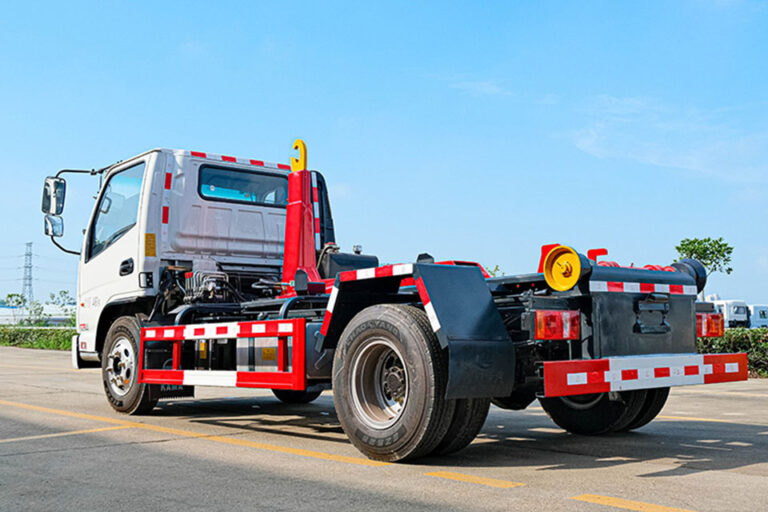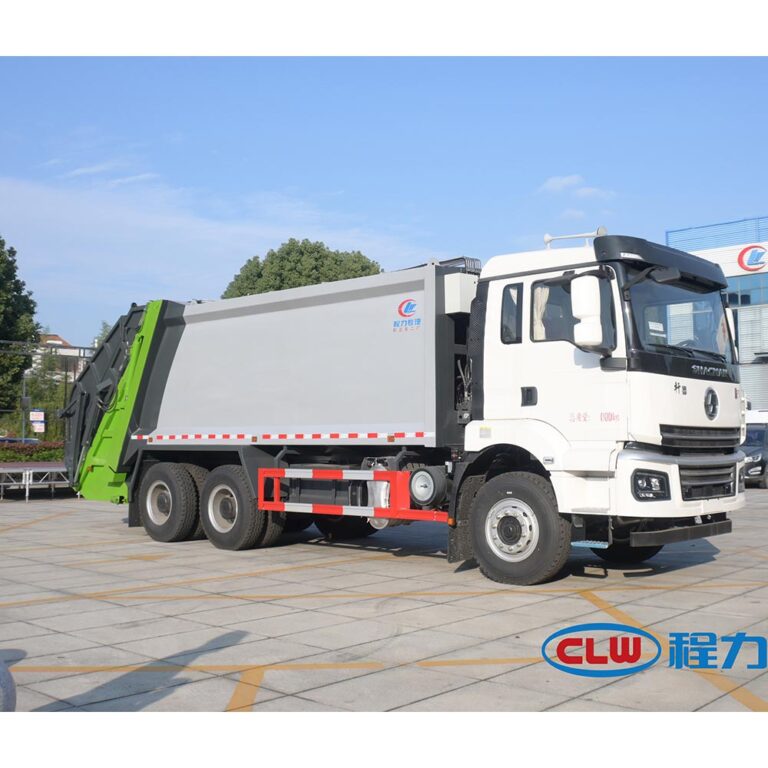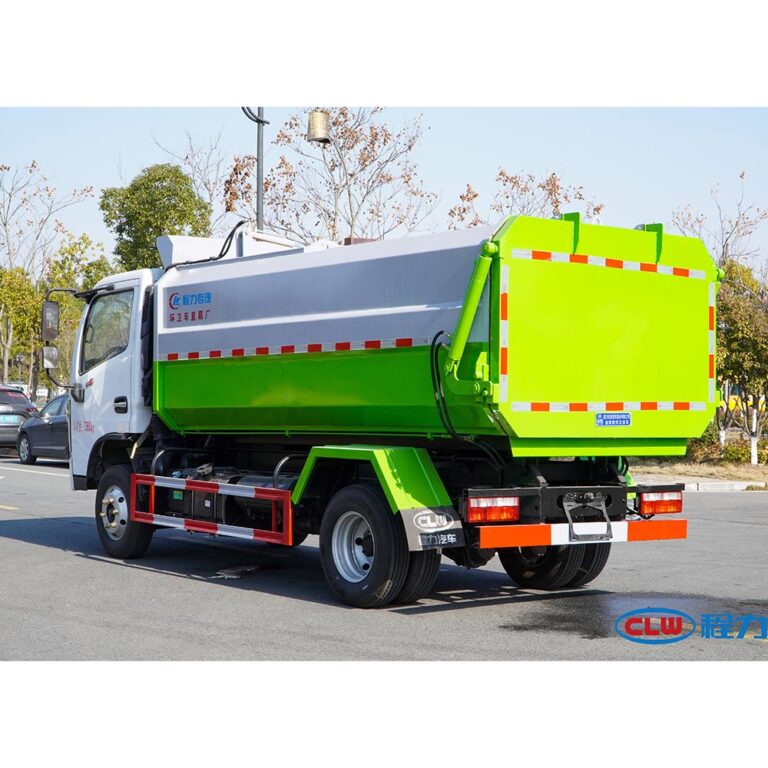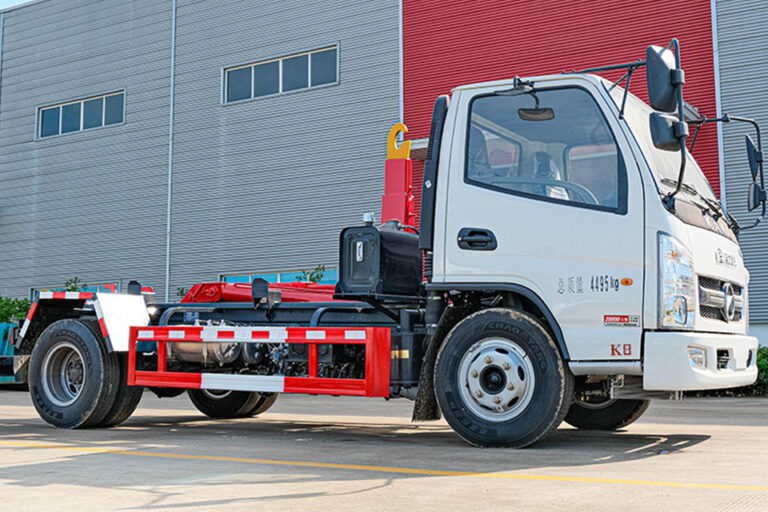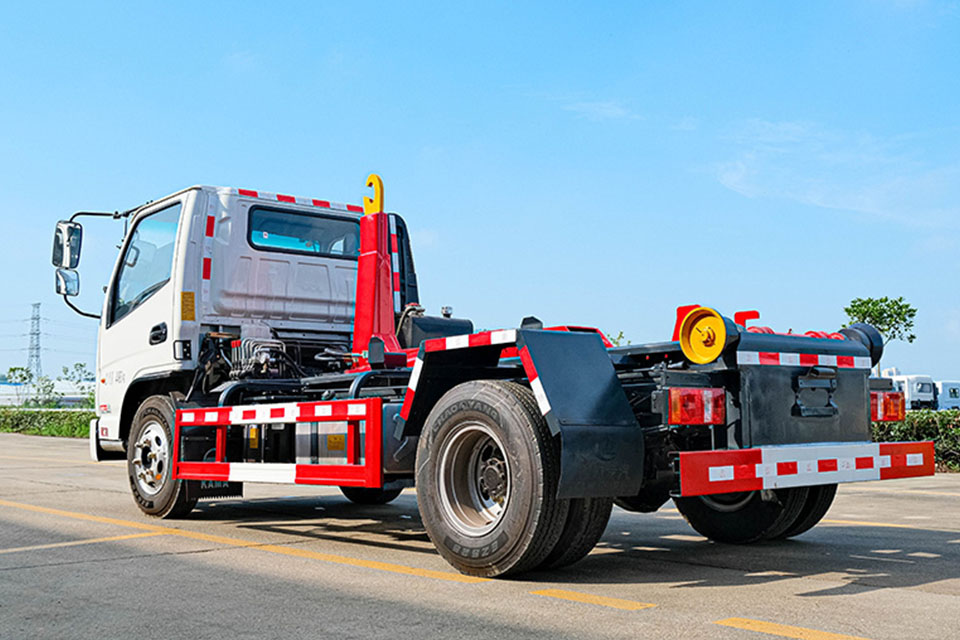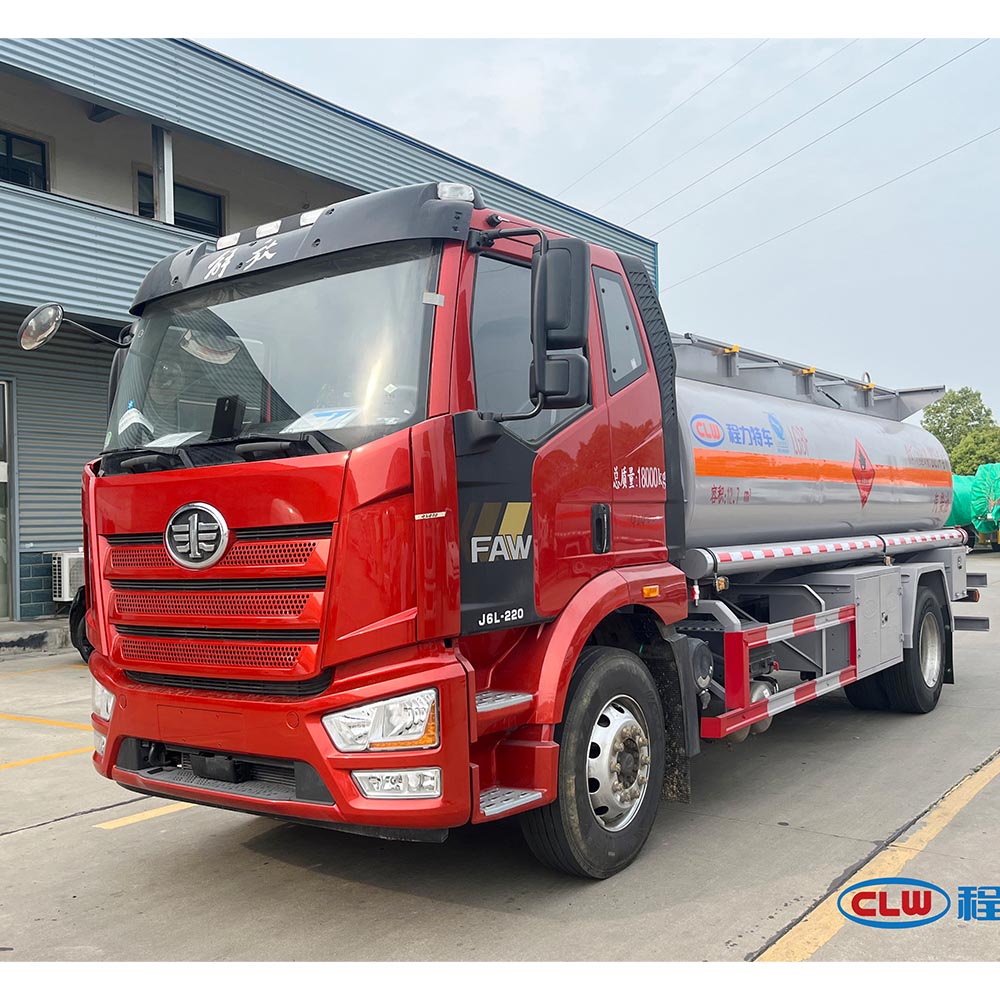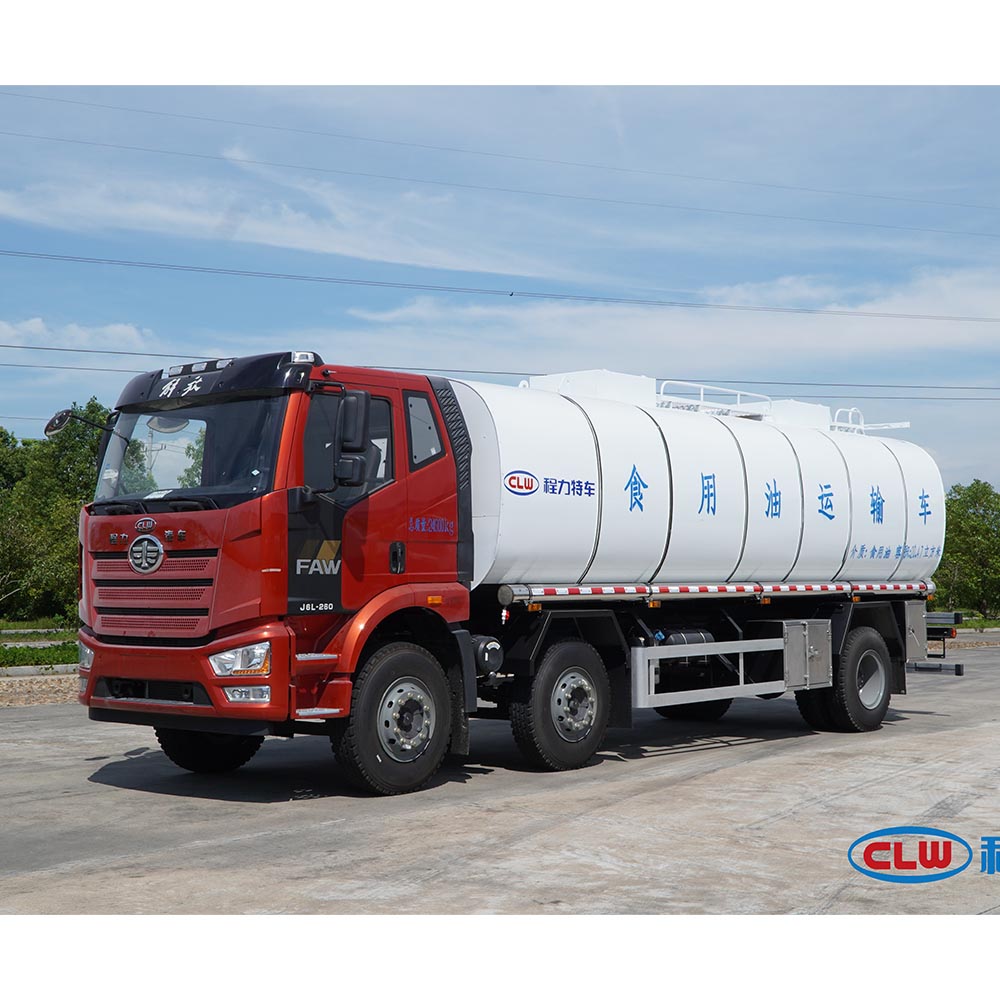-
Parque Industrial Automóvel de Chengli
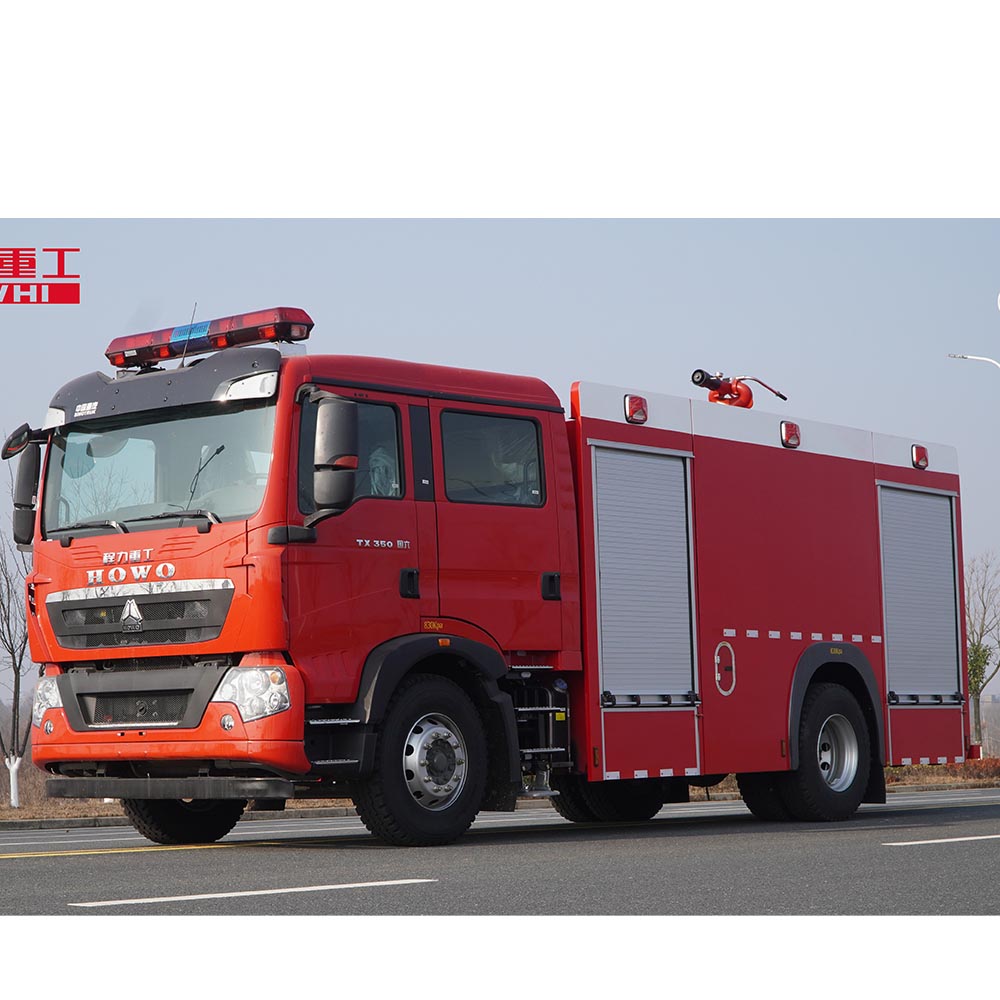
que idade podem ter os camiões de bombeiros para entrar em serviço
Serviço máximo do camião de bombeiros: Quando reformar e substituir o motor
Este artigo explora os aspectos críticos da vida útil de um camião de bombeiros, ajudando-o a determinar quando é altura de retirar e substituir o seu motor. Iremos aprofundar as normas da indústria, as considerações de segurança e os factores práticos que influenciam esta decisão, tornando-o numa leitura obrigatória para os corpos de bombeiros que pretendem manter uma frota eficiente e fiável.
Índice
Qual é a vida útil média de um camião de bombeiros?
A vida útil média de um camião de bombeiros pode variar significativamente. Geralmente, um camião de bombeiros em bom estado de conservação pode servir como um aparelhos de incêndio durante cerca de 15 anos, enquanto camiões-escada pode durar até 20 anos. No entanto, estas são apenas médias. Factores como a utilização, manutençãoO tipo de chamadas (por exemplo, urbanas ou não) e o clima. rural) a bombeiros pode afetar significativamente o tempo de vida. Por exemplo, um camião em constante serviço numa cidade movimentada pode precisar de substituição mais cedo do que um num ambiente menos ativo rural área. Também, motor tempo de vida pode variar com base em exigências operacionais e ambientais específicas condições.
Como fabricante de camiões de bombeiros, compreendemos que cada bombeiros tem necessidades únicas. Alguns podem manter uma motor em estado de reserva por mais 5-10 anos após o seu serviço na linha da frente, alargando o seu total de serviço vida. É fundamental avaliar continuamente o condição e desempenho de cada veículo para determinar o momento ideal para substituição. Recomendamos um programa de inspeção anual exaustivo, conforme descrito no NFPA 1911 para tomar decisões informadas.
Como é que a norma NFPA 1911 influencia a substituição de aparelhos de combate a incêndios?
O Associação Nacional de Proteção contra Incêndios (NFPA) A norma de 1911 fornece orientações abrangentes para a inspeção, manutenção, testee reforma de in-serviço aparelhos de incêndio. Esta norma é um recurso fundamental para corpos de bombeiros para garantir a sua frota permanece seguro e operacional. A diretiva define critérios específicos para determinar quando um camião de bombeiros deve ser considerado para substituiçãoA norma especifica, por exemplo, a frequência e os tipos de testes exigidos, tais como a frequência e os tipos de testes, tais como a frequência e os tipos de testes. Por exemplo, a norma especifica a frequência e os tipos de testes necessários, tais como anual bomba teste e aparelhos aéreos inspecções.
Adesão a NFPA 1911 ajuda corpos de bombeiros tomar decisões baseadas em dados sobre quando reformar-se um motor. Assegura que bombeiros ter confiança equipamento para desempenharem as suas funções em segurança. Como fabricante empenhado nos mais elevados padrões de segurança, concebemos os nossos camiões de bombeiros para atingir ou exceder NFPA Os nossos clientes têm confiança nos seus investimentos. Também apoiamos os nossos clientes com conhecimentos técnicos para os ajudar a navegar por estas normas e a fazer as melhores escolhas para os seus investimentos. bombeiros.
Que papel desempenha o teste anual na determinação do estado do camião de bombeiros?
Anual teste é uma pedra angular da manutenção de um camião de bombeiros em condições óptimas. Estes testes não são apenas uma formalidade; são cruciais para identificar potenciais problemas que possam comprometer o do veículo desempenho e a segurança do bombeiros. Os testes incluem frequentemente bomba testes de capacidade, mangueira controlos de integridade, escada avaliações de estabilidade, e motor avaliações de desempenho. Regular teste pode revelar o desgaste, permitindo uma reparações ou indicando quando um motor está a aproximar-se do fim da sua serviço vida.
O nosso camiões de bombeiros são construídos para resistir a rigorosas teste e apresentar um desempenho consistente. Salientamos a importância destas avaliações anuais para os nossos clientes e oferecemos apoio na compreensão dos resultados. Através da nossa serviço programas, ajudamos corpos de bombeiros interpretar os resultados dos testes e desenvolver planos de ação, quer se trate de reparações ou iniciar o substituição processo. Regular teste é uma ferramenta essencial para tomar decisões informadas e proactivas sobre o seu aparelhos de incêndio.
Como é que os registos de manutenção e reparação afectam a decisão de retirar um carro de bombeiros?
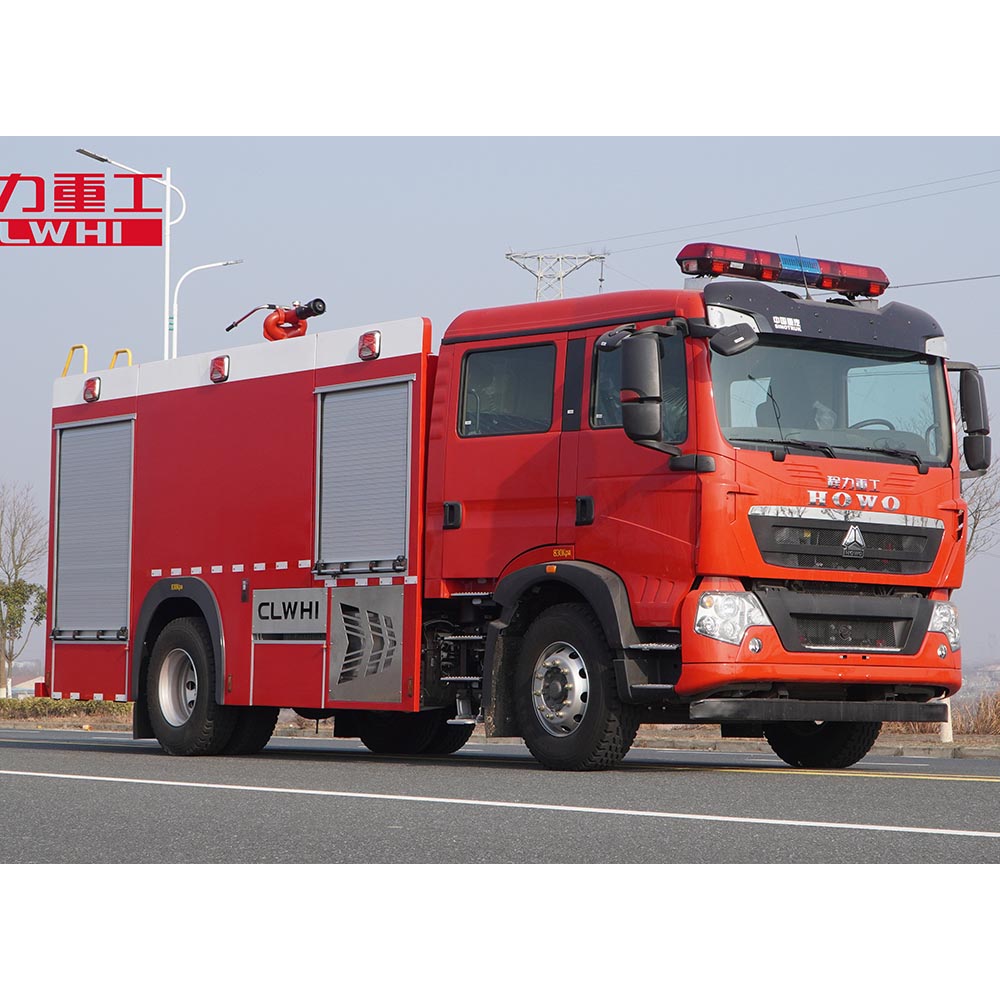
Manutenção e os registos de reparação são vitais para acompanhar o historial e a saúde de um carro de bombeiros. Os registos pormenorizados fornecem uma imagem clara da do veículo condição, destacando questões recorrentes, principais reparações, e globalmente manutenção esforços. Estes registos são inestimáveis quando se decide reformar-se ou substituir a camião de bombeiros. Por exemplo, se um motor sofreu várias alterações significativas reparações, poderá ser mais rentável substituir em vez de continuar a investir na sua manutenção.
Incentivamos os nossos clientes a manter registos meticulosos, e a nossa serviço pode ajudar na análise destes documentos. Ao analisar manutenção história, nós podemos ajudar corpos de bombeiros identificar tendências e potenciais sinais de alerta. O nosso objetivo é garantir que cada bombeiros dispõe das informações necessárias para tomar a melhor decisão para os seus frota, equilibrando a segurança, o desempenho e a relação custo-eficácia. Regular manutenção e a manutenção de registos completos são fundamentais para prolongar a vida do seu aparelhos de incêndio e planeamento para substituição.
Quais são as considerações financeiras a ter em conta na substituição de um camião de bombeiros?
Substituição de um camião de bombeiros é um investimento financeiro significativo para qualquer bombeiros, se municipal, voluntárioou industrial. O custo vai para além do preço de compra inicial, abrangendo manutenção, seguro, combustível e reparações. Ao considerar substituiçãoOs departamentos devem avaliar as implicações financeiras a longo prazo da manutenção de um equipamento mais antigo. motor em vez de investir num novo. Os modelos mais recentes vêm frequentemente com tecnologia avançada que pode melhorar a eficiência e reduzir os custos operacionais ao longo do tempo.
Enquanto fabricante, trabalhamos em estreita colaboração com os nossos clientes para explorar financiamento opções e compreender o custo total de propriedade. Oferecemos vários planos de financiamento e podemos fornecer análises detalhadas de custo-benefício para apoiar a tomada de decisões. Os nossos camiões de bombeiros são concebidos tendo em mente a durabilidade e a eficiência, com o objetivo de minimizar as despesas a longo prazo. Também ajudamos os departamentos a explorar subsídios e outros financiamento oportunidades para fazer o substituição processo mais fácil de gerir. Os nossos contacto A nossa equipa está sempre disponível para discutir estratégias financeiras e ajudá-lo a encontrar a melhor solução para o seu orçamento.
Como é que a procura operacional afecta os calendários de substituição de camiões de combate a incêndios?
A procura operacional desempenha um papel significativo na determinação do tempo de vida e da substituição calendário de aparelhos de incêndio. Corpos de bombeiros que respondem a um elevado volume de chamadas, particularmente em ambientes difíceis, terão provavelmente de substituir seus motores mais frequentemente. A elevada procura pode levar a um maior desgaste, potencialmente encurtando o tempo de vida útil do equipamento. serviço vida de um camião de bombeiros. Por exemplo, um camião que opere num ambiente urbano movimentado enfrentará provavelmente mais stress do que um que opere num rural área com menos chamadas.
Compreendemos que as exigências operacionais variar Os nossos clientes têm uma grande variedade de clientes, pelo que adaptamos as nossas recomendações em conformidade. Os nossos camiões de bombeiros são construídos para lidar com condições exigentes, mas também reconhecemos a importância de substituição planeamento. Trabalhamos com corpos de bombeiros para avaliar as suas necessidades operacionais específicas e desenvolver um substituição que garante que têm sempre um horário fiável equipamento prontos a responder. A nossa experiência neste domínio permite-nos fornecer informações valiosas sobre a forma como o ritmo operacional deve influenciar substituição decisões.
Existem diferenças na vida útil entre diferentes tipos de aparelhos de combate a incêndios?
Sim, existem diferenças notáveis na vida útil entre os vários tipos de aparelhos de incêndio. Por exemplo, bombistas e camiões-escada, que são frequentemente os cavalos de batalha de uma bombeiros, tendem a ter uma duração mais curta serviço devido à sua utilização frequente e à complexidade dos seus sistemas. Em contrapartida, os veículos como camiões de materiais perigosos ou aparelhos de combate a incêndios florestais podem ter uma vida útil mais longa se forem utilizados com menos frequência ou mantidos em condições especializadas.
A nossa linha de produtos inclui uma vasta gama de aparelhos de incêndioCada um deles foi concebido tendo em conta requisitos operacionais específicos. Compreendemos que um tamanho único a abordagem não funciona no fogo serviço. É por isso que oferecemos consultas pormenorizadas para ajudar os departamentos a escolher o veículos para as suas necessidades. Também fornecemos orientações sobre serviço vida e manutenção requisitos para cada tipo de aparelho, assegurando que os nossos clientes podem planear eficazmente o futuro substituições.
Que avanços tecnológicos devem levar a uma revisão da substituição de camiões de bombeiros?
Os avanços tecnológicos na indústria de combate a incêndios estão em constante evolução, oferecendo maior segurança, eficiência e capacidade. Quando surgem novas tecnologias, corpos de bombeiros devem refletir sobre a forma como estes avanços poderão beneficiar as suas operações e se justificam uma aceleração camião de bombeiros substituição. Por exemplo, as inovações em bomba tecnologia, mangueira materiais, ou SCBA (aparelho de respiração autónomo) pode melhorar significativamente combate a incêndios capacidades. Do mesmo modo, os avanços em veículo conceção do chassis, tais como sistemas de suspensão melhorados ou sistemas mais eficientes motorespode afetar o desempenho e a economia de combustível.
Como fabricante líder, mantemo-nos na vanguarda dos avanços tecnológicos para incorporar as últimas inovações nas nossas camiões de bombeiros. Acreditamos que a adoção de novas tecnologias pode proporcionar vantagens significativas e encorajamos os nossos clientes a considerar estes avanços ao planearem substituições. Por exemplo, comutação para motores com controlos de emissões avançados podem não só beneficiar o ambiente, mas também cumprir os regulamentos em evolução. A nossa equipa pode fornecer informações detalhadas sobre as tecnologias mais recentes e ajudar corpos de bombeiros determinar como estes avanços se alinham com as suas necessidades operacionais e objectivos a longo prazo.
Como é que os Corpos de Bombeiros Voluntários gerem a substituição de camiões de bombeiros de forma diferente?
Corpos de bombeiros voluntários enfrentam frequentemente desafios únicos quando se trata de gerir camião de bombeiros substituição. Ao contrário dos seus municipal ou de carreira, os departamentos voluntários dependem frequentemente de angariação de fundosA Comissão Europeia tem vindo a financiar novas aquisições através de doações, donativos e subvenções. Isto pode tornar o substituição O processo é mais complexo e pode aumentar o tempo entre aquisições. Além disso, os departamentos voluntários podem ter uma gama mais alargada de serviço expectativas, como as suas bombeiros pode utilizar veículos para responder a incidentes, reduzindo o desgaste dos equipamentos do departamento camiões.
Temos uma vasta experiência de trabalho com corpos de bombeiros voluntários em toda a América do Norte, incluindo Canadáe compreender as suas necessidades específicas. Oferecemos opções de financiamento flexíveis e ajudamo-lo a identificar e a candidatar-se a vários tipos de financiamento. financiamento fontes. As nossas camiões de bombeiros são concebidos para serem económicos e, ao mesmo tempo, satisfazerem as rigorosas exigências de serviço de bombeiros. Também oferecemos formação e apoio para garantir que os voluntários bombeiros pode corretamente operar e manter seus equipamento. O nosso compromisso é ajudar cada bombeirosindependentemente da sua dimensão ou modelo de financiamento, aceder às melhores aparelhos de incêndio.
Quais são os passos para reformar e substituir um camião de bombeiros?
Retirada e substituição de um camião de bombeiros é um processo em várias etapas que requer um planeamento e execução cuidadosos. A primeira etapa consiste em efetuar uma avaliação exaustiva da situação atual do veículo condição, tendo em conta factores como a idade, manutenção histórico, desempenho operacional e conformidade com os actuais NFPA normas. Uma vez tomada a decisão de reformar-se a camião é efectuada, o bombeiros deve estabelecer um comité para supervisionar o substituição processo. Este comité será responsável pela definição das especificações do novo veículoavaliação das propostas dos fabricantes e gestão do processo de aquisição.
Como fabricante, orientamos corpos de bombeiros em cada etapa deste processo. Começamos por ajudá-los a avaliar as suas necessidades e a desenvolver especificações pormenorizadas para o novo camião de bombeiros. Em seguida, apresentamos propostas completas que descrevem as caraterísticas, os custos e os benefícios da nossa veículos. Uma vez efectuada a encomenda, trabalhamos em estreita colaboração com o departamento para assegurar uma entrega e integração do novo camião na sua frota. Os nossos serviço não termina com a venda; oferecemos apoio, manutençãoe formação para garantir o êxito a longo prazo do projeto substituição. O nosso objetivo final é tornar o reforma e substituição processo tão simples e eficiente quanto possível para cada bombeiros nós servimos.
FAQs
Qual é o tempo de vida típico de um carro de bombeiros num corpo de bombeiros urbano movimentado?
Num ambiente urbano movimentado, um carro de bombeiros tem normalmente uma linha da frente serviço vida útil de cerca de 10 a 15 anos. O elevado volume de chamadas e o funcionamento constante podem acelerar o desgaste, exigindo substituições.
Como é que a norma NFPA 1911 afecta a decisão de retirar um camião de bombeiros?
NFPA 1911 fornece orientações pormenorizadas sobre a inspeção, manutenção, testee reforma de aparelhos de incêndio. Ajuda corpos de bombeiros determinar quando um camião já não é seguro ou eficaz do ponto de vista operacional, orientando a decisão de reformar-se e substituir.
Os bombeiros voluntários podem obter assistência financeira para substituir os seus camiões de bombeiros?
Sim, corpos de bombeiros voluntários podem frequentemente aceder a várias formas de assistência financeira, incluindo subsídios, empréstimos e oportunidades de angariação de fundos. Trabalhamos com estes departamentos para identificar e assegurar financiamento para apoiar os seus camião de bombeiros substituição necessidades.
Que avanços tecnológicos devem os bombeiros considerar quando substituem um camião de bombeiros?
Corpos de bombeiros deve ter em conta os progressos registados em bomba tecnologia, mangueira materiais, motor eficiência, sistemas de segurança e tecnologias de comunicação. Estas inovações podem reforçar as capacidades operacionais e melhorar bombeiro segurança.
O que deve ser considerado ao determinar as especificações de um novo camião de bombeiros?
Ao determinar as especificações, corpos de bombeiros devem ter em conta as suas necessidades operacionais, o volume de chamadas, o terreno, a água fornecimento, níveis de efectivos, e NFPA requisitos. Devem também avaliar as tecnologias mais recentes e a forma como estas podem beneficiar as suas operações.
Que apoio é prestado pela sua empresa após a entrega de um novo carro de bombeiros?
Fornecemos um serviço completo de pós-entrega apoioincluindo a formação em matéria de funcionamento e manutenção, garantia serviçoA nossa empresa tem como objetivo garantir o sucesso a longo prazo e a fiabilidade de cada equipamento. O nosso objetivo é garantir o sucesso a longo prazo e a fiabilidade de cada camião de bombeiros nós entregamos.
Principais conclusões
- Avaliar regularmente o seu camião de bombeiros condição utilizando NFPA Normas de 1911.
- Manter pormenorizado manutenção e registos de reparação para informar substituição decisões.
- Considerar a procura operacional e os avanços tecnológicos no planeamento substituições.
- Explorar vários financiamento opções, especialmente para corpos de bombeiros voluntários.
- Trabalhar com fabricantes experientes como nós para uma substituição processo.
- Dar prioridade à segurança e à eficiência em todas as actividades aparelhos de incêndio decisões.
Lembrar, atempadamente e informado camião de bombeiros substituição é crucial para a manutenção de um sistema eficaz e seguro serviço de bombeiros. Se o seu bombeiros está a considerar a substituição de um motor ou qualquer outro aparelhos de incêndio, contactar-nos hoje. Como fabricante líder de produtos de alta qualidade camiões de bombeirosA nossa empresa está empenhada em fornecer soluções personalizadas que satisfaçam as necessidades únicas de cada departamento que servimos. Quer necessite de um poderoso Transportador de óleo comestível 25.6m³ Capacidade, um fiável Caminhão tanque de areia de fraturamento Capacidade de 31.000 KGou um versátil Marca Chengli - Veículo de transporte de equipamento de rebentamentoTemos a experiência e os recursos necessários para apoiar a sua missão. Também somos especializados em combate a incêndios e supressão de incêndios veículos, tais como o Camião de bombeiros a gás Chengliwei, assegurando-lhe a melhor equipamento para proteger a sua comunidade. O nosso carros de bombeiros são concebidos para satisfazer os mais elevados padrões de desempenho e segurança, adequados a qualquer bombeiros, quer esteja localizado em Syracuse, NOVA IORQUE, ou NC. A nossa robusta Camião florestal de espuma de 6 toneladas com tração às quatro rodas é perfeito para enfrentar até os incêndios florestais mais difíceis. Deixe-nos ajudá-lo a tomar a melhor decisão para o seu frota e garantir a sua bombeiros ter a confiança equipamento de que necessitam para desempenharem as suas funções de forma segura e eficaz.


